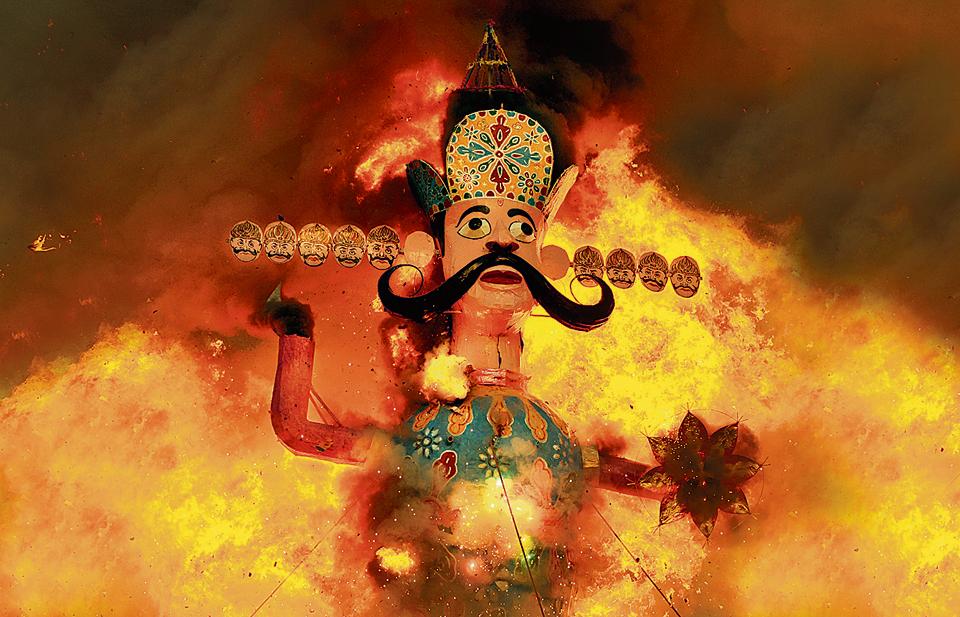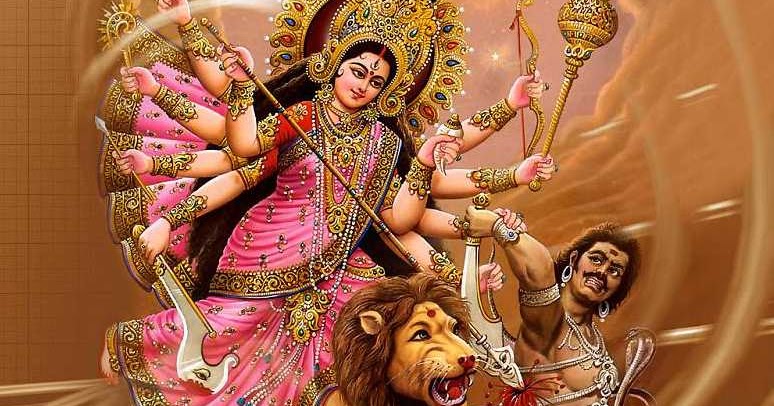Dussehra celebrations involve rituals prayers and offerings, fastings and ramlila. Dussehra or Vijayadashami is one of the significant events in India. It is also referred to as Vijaydashmi as it occurs on the 10th day after the end of Navratri.
Dussehra is a vibrant and joyous occasion that brings people together to celebrate the triumph of good over evil and to promote unity, harmony, and the victory of righteousness. This year Dussehra celebrations will be held on 24 October 2023. On this auspicious day, Hindus celebrate Lord Rama’s victory over the demon Ravan. Therefore, this day signifies the victory of good over evil. let’s dig deeper into what Dussehra celebrations are.
Also Read: Vijayadashmi
Contents
Dussehra 2023 Date
The date of Dussehra varies every year as it takes place as per the Hindu Calendar. Dussehra or Vijayadashmi, in a literal sense, means the 10th day of victory. This festival is celebrated with great pomp and enthusiasm in the country. Dussehra signifies the victory of good and marks the beginning of Diwali preparations.

Dussehra Celebrations is the oath to kill all the sins and evils within us and let the good things win over the bad ones. Ravam was a demon who was arrogant about his special powers. He kidnapped Sita Mata while Rama, Lakshman, and Sita Mata were on Vanvasa. Lord Rama fought for his beloved wife and killed the evil demon Ravan.
On this day, families come together, many conduct public gatherings with the effigies of Ravan burned. People celebrate this day by burning firecrackers and conducting plays and skits demonstrating the entire story of how Lord Rama won the fight against evil.
Also Read: Diwali Celebration around the World
Why do we Celebrate Dussehra?
Dussehra festival is not only the victory of Lord Rama but it also marks the victory of Goddess Durga over the monster Mahishasura. Arjuna also destroyed the entire Kaurava Army on his own. therefore, this day is the symbol of the victory of good and the loss of evil.

Dussehra Celebrations Dates 2020-2030
Here are the dates of the Dussehra Festival from 2020 to 2030:
| Year | Date |
| 2020 | 25 October |
| 2021 | 15 October |
| 2022 | 5 October |
| 2023 | 24 October |
| 2024 | 12 October |
| 2025 | 2 October |
| 2026 | 20 October |
| 2027 | 9 October |
| 2028 | 27 September |
| 2029 | 16 October |
| 2030 | 6 October |
Dussehra Celebrations: Traditions, Rituals, and Culture
The people of India are known to follow their traditions strictly. Here are some rituals and traditions performed on the occasion of Dussehra festival:
- Burning Ravan’s Effigy
- Performing Ramlila
- Worshipping Goddess Durga
- Distributing sweets and gifts
- Worshipping Weapons
Dussehra Culture
In the Hindu culture, Dussehra holds huge religious significance. Whether it is Lord Rama’s victory over Ravana, or Goddess Durga’s victory of the Demon King Mahisasur, this festival teaches us that no matter what, at the end, it is always the victory of good over evil; the bad always ends up losing.
Dussehra culture is not just limited to Ramlila and other religious activities. This age-old traditional festival fosters a sense of community and togetherness, as people come together to participate in various festivities, rituals, and cultural events. It encourages social harmony and strengthens the cultural fabric of Indian society.
Related Articles:
Dussehra Decoration Ideas for Schools
When will the Dussehra Holidays Start in 2023?
Dussehra Decoration Ideas
Dussehra Holidays 2023 in Telangana
Bathukamma Holidays 2023
Dussehra Holidays in Schools 2023
Top 7 Dussehra Decoration Ideas for Schools
All About Bathukamma 2023
List of Bathukamma Songs
FAQs
Dussehra is celebrated with great enthusiasm and fanfare. The effigies of Ravan and his son Meghnada along with his brother Kumbhkaran were burned in public gatherings by Lord Rama. It signifies the victory of Lord Rama over the evil demon Ravan.
At home, you can worship the idols of Lord Rama and Goddess Durga. Light a diya and incense sticks. Worshipping weapons is also one of the rituals that can be performed at home. Then, you can attend a public gathering where an effigy of Ravan is burned and take the oath to burn all the evils inside you and be a good human being.
According to Ramayana, Lord Rama killed the demon Ravan on the 10th day after the end of Navratri. This special day marks the triumph of good over evil.
For more information about such informative articles, make sure to check the trending events page of Leverage Edu.


 One app for all your study abroad needs
One app for all your study abroad needs












 60,000+ students trusted us with their dreams. Take the first step today!
60,000+ students trusted us with their dreams. Take the first step today!